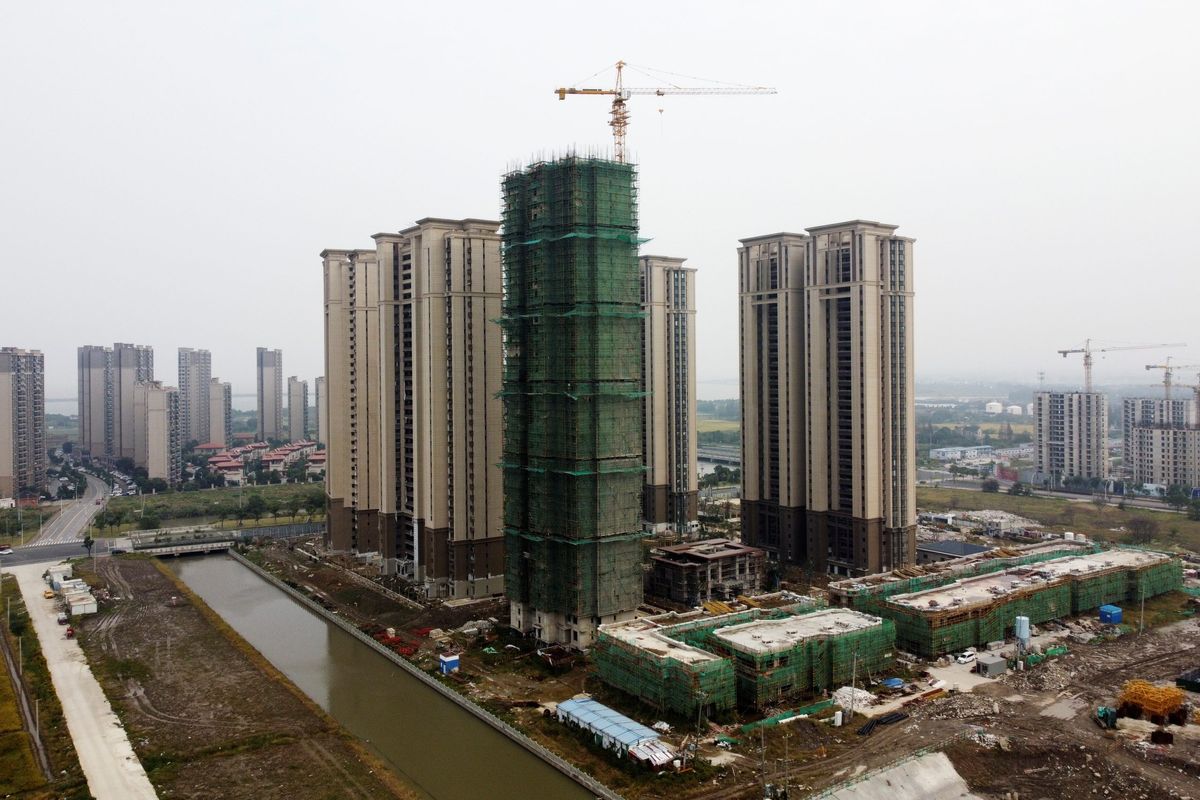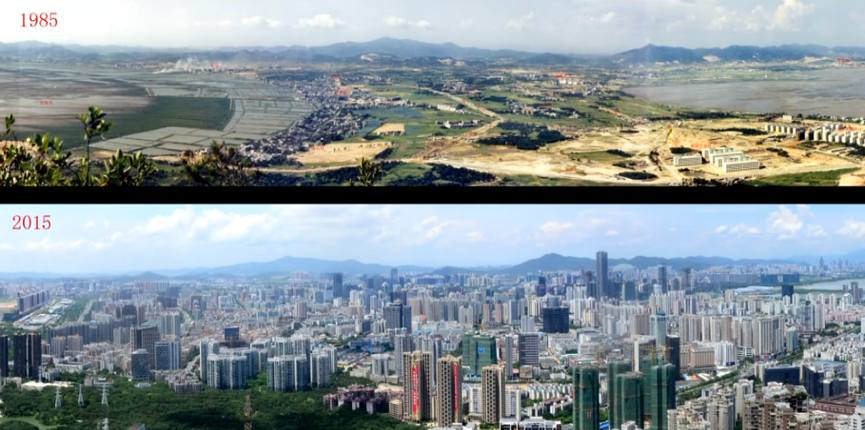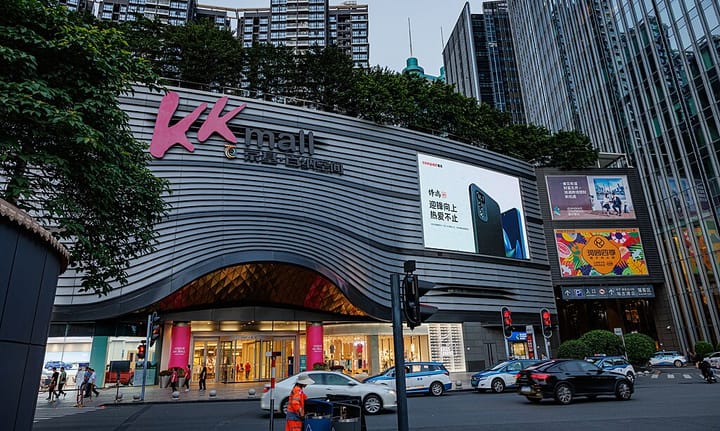How’s China’s growing middle class related to the country’s housing bubble?

A few minutes every morning is all you need.
Stay up to date on the world's Headlines and Human Stories. It's fun, it's factual, it's fluff-free.
Dr. Lee described the housing market as a “key point,” adding that, “when you buy a house, you will need to buy everything to furnish the house; you need to buy a refrigerator, you need to buy a sofa, you need to buy an air conditioner, everything.”
What’s going on with China’s middle class?
- Well, to put it quite simply, it’s growing.
- Recent studies estimate that around 750 million people will join the global middle class between China and India, with researchers also adding that this growth is concentrated in the upper-middle class.
- But as many move into this new socioeconomic class, it’s changing the societal dynamics, especially for groups of people who, until recently, were considered lower class.
- And, with this shift, some communities are finding themselves in positions where they’re profiting massively from the growing middle class.
Which communities?
- Well, one group of them is in Shenzhen, which until about 40 years ago, was essentially just a set of villages full of people that primarily worked on rice fields.

- But the city has grown, it is now home to over 17 million people. And the original villagers? They’re, among other things, the landlords.
- You see, the city has grown a lot since the 1980s, and as it grew, the families there invested their money in a diverse range of things – one of them being real estate.
- Shenzhen was then designated the Chinese government’s experimental city for the Chinese version of capitalism. What this basically means is that Shenzhen was basically a free market economy within confines set by the Chinese government. And with this, the city flourished, becoming the nation’s manufacturing hub.
- So as more businesses were established in the city, workers from around the country flooded into the city, making the price of real estate shoot through the roof. Now, Shenzhen is one of the most expensive cities in mainland China.
- So, if you’re like Harry Zhuang, a 25-year old whose family owns a 12-story apartment building in Huanggang, you’re also bringing in a cool two million yuan every year. Your building now also has an estimated value of 240 million yuan.
Wait, they made their money from real estate?
- Yep, and according to Dr. Tenpao Lee, an economics professor at Niagara University in New York, the real estate market has been a massive economic driver in the Chinese economy.
- “When the middle class grew, the most important thing is that they needed to have a house,” he said.
- This demand for housing isn’t just good for those landlords in Shenzhen. It’s also good for real estate companies like Evergrande Real Estate Group, which originally profited from this demand.
- Dr. Lee described the housing market as a “key point,” adding that, “when you buy a house, you will need to buy everything to furnish the house; you need to buy a refrigerator, you need to buy a sofa, you need to buy an air conditioner, everything.”
- He also pointed out that a strong real estate market also means that industries like lumber, steel and construction are also strong.
- “So when the housing [market] is booming, now everything else will be booming.”
Isn’t the real estate market having some trouble right now, though?
- It’s having a lot of trouble right now, and there are a couple of reasons for it, according to Dr. Lee.
- First off, the price of real estate is simply too high right now, meaning that it isn’t very appealing for people in the middle class looking for something affordable.
- “In China, you have to work for like 26 years in order to buy a house,” said Dr. Lee, “but in other countries, like the United States, you only need to work maybe four to six years in order to buy a house.”
- But secondly, it’s a lot harder to get people from the lower class to the middle class now, and since it was the growing middle class that fueled the real estate boom, this is causing problems for real estate industry as a whole.
- Dr. Lee compared it to a test score. “When you take an exam, if you want to improve your exam from 40 points to 70 points, that’s easy. If you want to improve from 90 to 95, that would be very difficult," he explained.
- In 2001, China only had 3% in the middle class. Today, it’s 50%. When you grow from 3% to 50%, it’s relatively easy,” he said. “So as time goes by, in order to continue to have more people in the middle class section, it’s really difficult.”
What’s next?
- “I think there is still a long way for the Chinese economy to grow,” explained Dr. Lee. “When it grows, obviously it will create more middle class people.”
- Right now though, the second-largest economy is in a relatively vulnerable position with the middle-class growth slowing down, fears over Evergrande’s default persisting, the power crunch and the pandemic bringing the country’s gross domestic product (GDP) growth rate to its lowest level in years.
- But, despite this, Dr. Lee insists that “China still has a long way to go.”
You drive the stories at TMS. DM us which headline you want us to explain, or email us.




Comments ()